Marin Sanitary Service (MSS) was founded in 1948, when eight partners joined forces to collect waste in Marin County, California, USA. Today MSS serves more than 33,000 customers and three generations of the Garbarino family work in the company. Since its founding, it has expanded into three separate divisions that address every aspect of waste management, providing solid waste collection services for local jurisdictions, recycling services, paper shredding, and operating a materials recovery facility. This facility accepts all types of materials and uses state-of-the-art equipment to recover all recyclable materials, with sorting rates reaching 73 percent in the fourth quarter of 2023.
Pionieri del settore
Bioenergy Insight pointed out that MSS was one of the first companies to introduce recycling many years ago and asked what led to the realization that recycling would become a critical component for businesses in the years to come.
“Joe Garbarino, the innovator behind this idea, learned the value of sorting and selling recyclable materials from his father, who worked as a picker, retrieving rags, bottles and cans in jute bags in San Francisco,” Loczi said.
“While other carriers were still focused on expanding landfills, Joe saw the financial opportunity in sorting recyclable materials while diverting these materials from landfills and setting an example to follow.”
Joe worked with local environmentalists to secure a grant that funded the country’s first countywide collection program. Despite the obstacles, Joe persevered, seeing his programs succeed. By pushing to stimulate door-to-door recycling before industry did, Joe created a sustainable recycling model for California and the nation.
The change in regulations
Waste collection has changed dramatically since that time, with legislation having a significant impact. Loczi pointed to AB 939 of 1989 and, more recently, SB 1383, which pushed California to reduce organic materials in landfills by 75 percent by 2025, compared to the 2014 level.
“Although Marin Sanitary has encouraged its clients to comply with regulations, as of Jan. 1, 2024, violations and financial penalties for non-compliance may be issued by county officials,” he added.
“Although Marin Sanitary has been providing organic waste recovery for more than 20 years, this legislation has prompted Marin County businesses and residents to do their part to recover this waste from the landfill. The legislation also justified the purchase of the Tiger Depack system to help recover more organic waste destined for the landfill.”
Tiger Depack
MSS is a proud owner of a Tiger Depack separation system. Bioenergy Insight asked why the company chose this machine.
“We chose Tiger Depack for a variety of important reasons after conducting extensive research, including analysis of machinery manufactured in the United States,” Loczi said.
In the end, MSS chose the Tiger for five key reasons:
Il modo in cui la macchina si carica;
L’efficienza nei tempi di lavorazione;
L’accesso facilitato per la manutenzione;The superior quality of the material produced;
Requires only one person to operate (versus four).
“Because of this, we have found that Tiger Depack significantly reduces labor and time, allowing more material to be processed efficiently, increasing productivity.”
CEO Joe Garbarino added, “Our previous machine was not as effective in separating contaminants from organic material. It’s a very impressive machine.”
Program expansion
In June 2023, the Food-to-Energy program was expanded with a new program called Packaged Organic Waste Energy Recovery (POWER). This allows commercial customers to collect packaged food waste along with bulk food waste.
“Supermarkets, markets and packaged food producers save on labor costs by combining their packaged and bulk food waste into one container to be processed by Tiger. The door-to-door collection service is available as part of the regular services offered to commercial customers,” Loczi said.
“With the expansion of the POWER program, we can also accept excess material from other carriers and deliveries from food producers or distributors in surrounding areas. These deliveries have brought an average of 40-60 additional tons of food waste per month to CMSA, and the numbers continue to grow.”
Consumer education
Bioenergy Insight then asked to what extent MSS believes consumer education is important for recycling.
“Customer education helps us standardize, simplify and create a positive influence, inspiring our customers to properly dispose of waste,” Loczi added. “It is an ongoing effort that is constantly changing as the industry evolves. Because of this ever-changing landscape, we provide various touchpoints to our customers with dedicated resources.”
However, Loczi also highlighted that while education is a key factor in success in diverting waste from landfills, the growth of “greenwashing” and “wish-cycling” (i.e. the practice of putting non-recyclable items in containers for recycling with the hope that they can be recycled) has confused consumers. “Products sold and marketed as ‘compostable’ fail to deliver on their promises and, instead, cause more harm than good. With new models offered with varying levels of success, it is a constant challenge to keep customer education up to date.”
For the rest of the year, education remains a focal point to create greater awareness about the proper disposal of organic waste and to capture more and more of the collected materials.
“We are also focusing on meeting state mandates for zero-emission vehicles, which could result from increased volumes from the Food-to-Energy program and the POWER program.”
For more information:

